Memories in Translation
Memories in Translation
A Life between the Lines of Arabic Literature

Denys Johnson-Davies
With a foreword by
Naguib Mahfouz
The American University in Cairo Press
Cairo  New York
New York
To Paola who, beside much else,
has provided most of the photographs

Copyright 2006 by
The American University in Cairo Press
113 Sharia Kasr el Aini, Cairo, Egypt
420 Fifth Avenue, New York, NY 10018
www.aucpress.com
All rights reserved. Except for brief quotations in a review, this book, or any part thereof, may not be reproduced, stored in or introduced into a retrieval system, or transmitted, in any form or by any means, electronic, mechanical, photocopying, recording or otherwise, without the prior written permission of the publisher.
Dar el Kutub No. 2841/05
ISBN 978 161 797 243 0
2 3 4 5 6 7 8 9 10 14 13 12 11 10 09
Printed in Egypt
 Foreword
Foreword 
by Naguib Mahfouz
I t is really good to be translated and to be read both nationally and internationally something great! Denys Johnson-Davies, whom I have known and admired since 1945, was the first person to translate my worka short storyand he has since translated several books of mine, so I owe him a special debt of gratitude. In fact, he has done more than anybody to translate modern Arabic fiction into English and promote it. He has always sought out interesting new writers and worked hard not only to translate their novels, plays, short stories, and poetry but to find publishers for the translations too.
We have both advanced a few years since Denys translated that first short story of mine, and now is a good time for him to look back over a long and distinguished career, and to tell the story of how he came to be the leading English translator of modern Arabic writing, and of some of the writers he came to know along the way. I am very pleased that Denys has written this most interesting book, and I wish the reader as much pleasure in reading the book as I have had in knowing its author for sixty years.
 1
1 
A n unlikely set of circumstances set me on the path to studying Arabic. Having spent a childhood firstly in Cairo, then in Wadi Haifa in Sudan, and finally in Uganda and Kenya, I went back to England on doctors orders alone at the age of twelve, following a bout of amebic dysentery. Several months later my parents joined me, and after passing an entrance exam I soon experienced the unpleasant taste of boarding at a minor public school. It had been decided that I should study classics, and I was quickly twenty-third in a class of twenty-five. I had found that both Latin and Greek held few joys for me and that, furthermore, I found them extremely difficultas well as basically uninteresting, because no one, it seemed, spoke them. Aged fourteen, I was expected to take my matriculation exams in the summer, though my reports had indicated that I was unlikely to pass and would have to spend the following year in the same class.
School provided little pleasure and a certain amount of pain, caning being practiced freely. The thought of having a further four or so years of this heartless routine appalled me. Even sports provided no respite, rugby being played in icy conditionsI never got used to Englands climatewhile cricket bored me except for the short periods when I was batting. Only two activities helped to rescue me from total tedium: the first was that palm-aching game known as fives, which I learned at the school and at which represented the under-sixteens. This meant that every now and again I would escape through the gates and be taken to play at some other school, which invariably meant having an excellent tea and cakes after the match had been played. The one snag about the game is that it is played between four walls, with ones handsinadequately clothed in special glovesand a small, hard ball. My hands inevitably became bruised and could be protected only through placing slivers of raw beef inside the gloves.
The other game at which I showed some prowess was squash. I had played it before going to the school, my mother having put out the money for me to have lessons from a professional. Thus, despite my age, I was suddenly the champion of the school. But this happy state of affairs ended whenbecause the two squash courts were continually booked, and a number of the older boys were unable to find an empty courta rule was posted up that the courts were only to be available for boys over the age of sixteen. When I informed my parents of this I was surprised to find my father, who had no interest in sport, waxing indignant at the thought that his son should be prevented from playing the game at which he excelled. Taking me back to school the next term, he went to see the headmaster with the idea of having me made an exception to the new rule. The headmaster, however, declared himself unable to make any exceptions: a rule was a rule. My father, already disappointed at my poor showing in Latin and Greek and at the fact that I would be required to repeat the year, presented the headmaster with an ultimatum: either his son would be allowed to play squash or he would be taken away from school. The headmaster rather pertinently asked what my father proposed to do with me if I was withdrawnbut my father answered that that was his business.
And so at the age of fourteen I found that something I hadnt even dared dream about had occurred: I was to be removed from school. My father then asked me what would I now like to do. I would like to study Arabic, I was heard to reply immediately, as though the thought had been brewing in my mind for some time. In fact, no such thought had ever occurred to meand little did I know at that time that the Arabic I would study was, like Latin and Greek, a classical language, with an even more developed grammar. Though as a child in Wadi Halfa, growing up with Sudanese children, I had spoken fluent Arabic, I had long forgotten every wordas a child one learns a language quickly but forgets it with equal ease. I suppose I had felt that my father would be pleased at such a suggestion, for he had himself started off at university studying Hebrew, Aramaic, and Syriac before the war intervened and he changed to law. In fact, my fatherthe son of an impecunious parsonhad succeeded in getting to Cambridge only by learning while at school that a scholarship in Hebrew existed that would earn him a place at the university. With little more than a knowledge of the alphabet, he had been the only candidate for the scholarship, and was awarded it.
But my situation was not that simple. My father had put himself in a difficult position, as it would not now be easy to find me a place in some other school. Before making any further decisions about my future, it was essential that I now got seriously down to work in order to pass the examination for which the school had predicted I needed another full year. The only solution was for me to work hard at a crammers in Birmingham (where we then lived) until the summer, when I could go up to Cambridge to take the examination known as Little-Go. Success in this exam would entitle me to go to a place at St. Catharines, my fathers old college. And so, aware of the risk my father had taken in removing me from school at such an early age. I devoted myself to preparing for the dreaded examination.
Next page
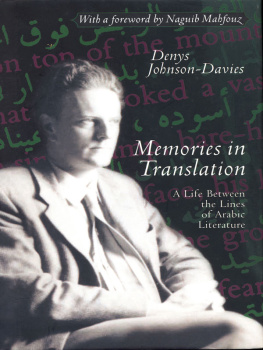
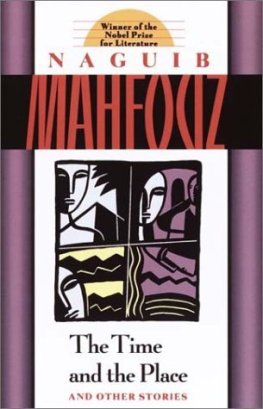
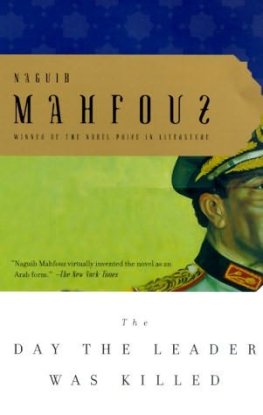
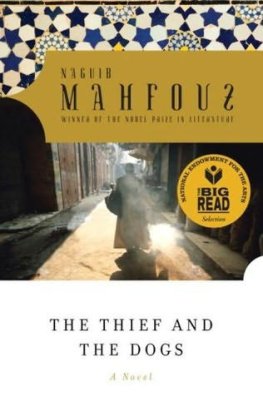

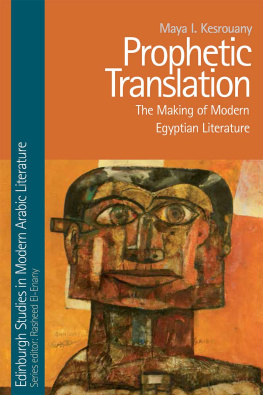
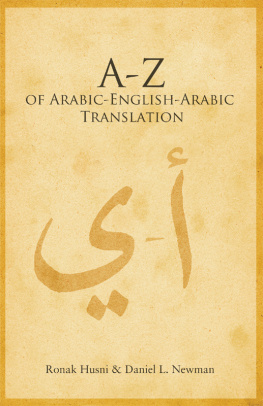
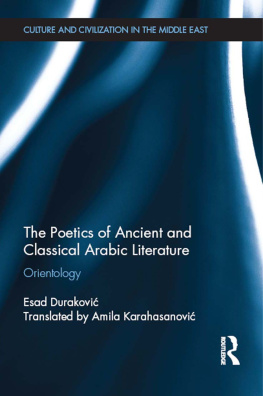
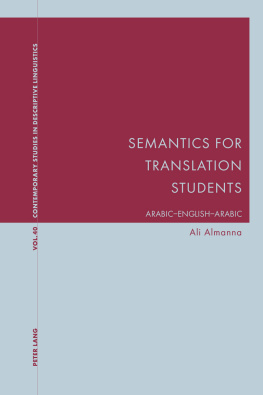
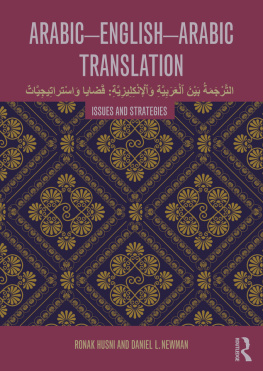

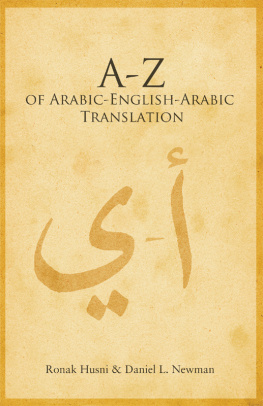

 Foreword
Foreword 